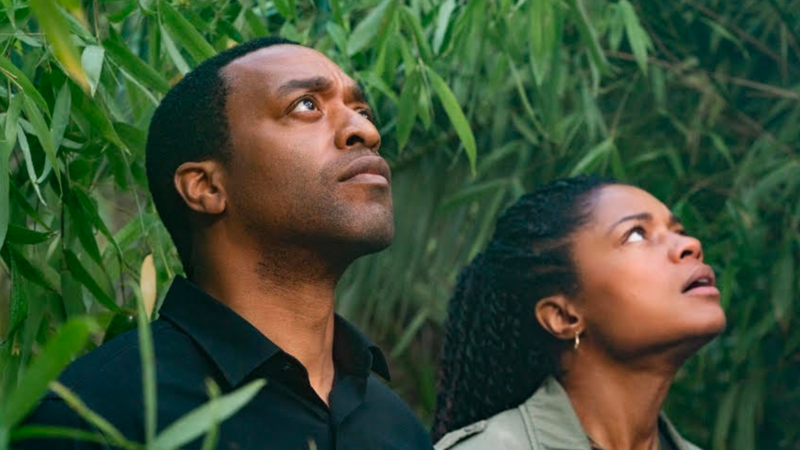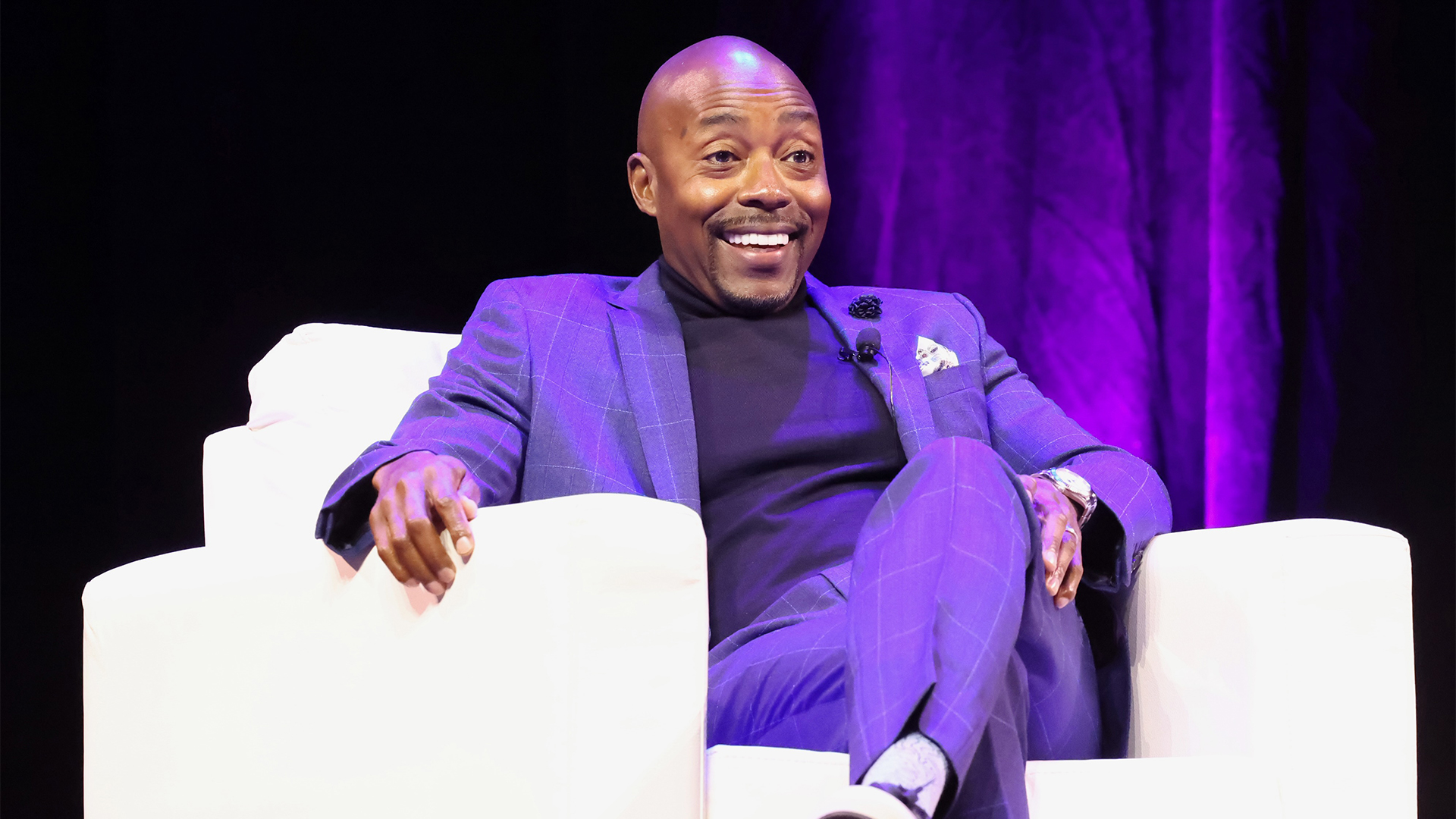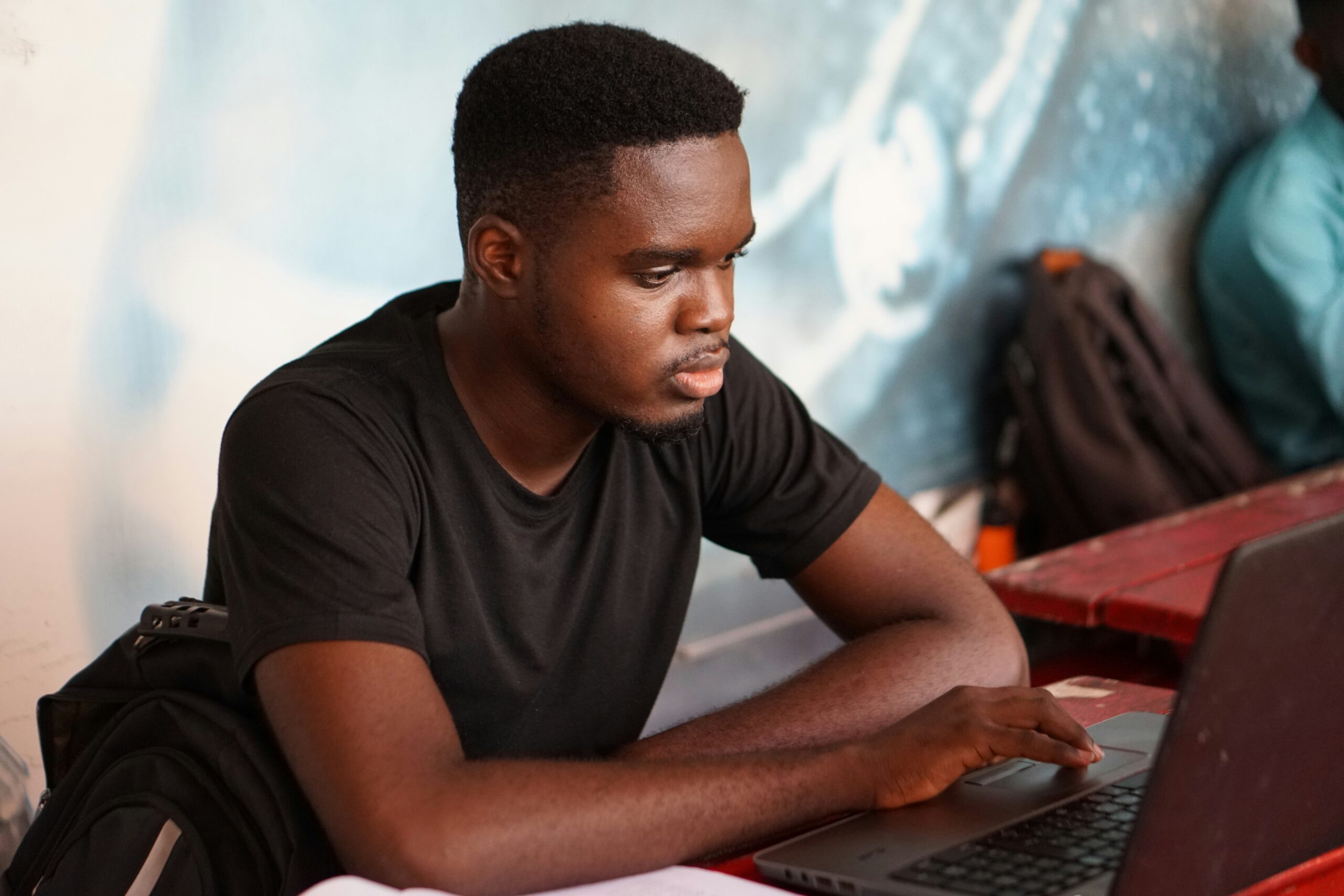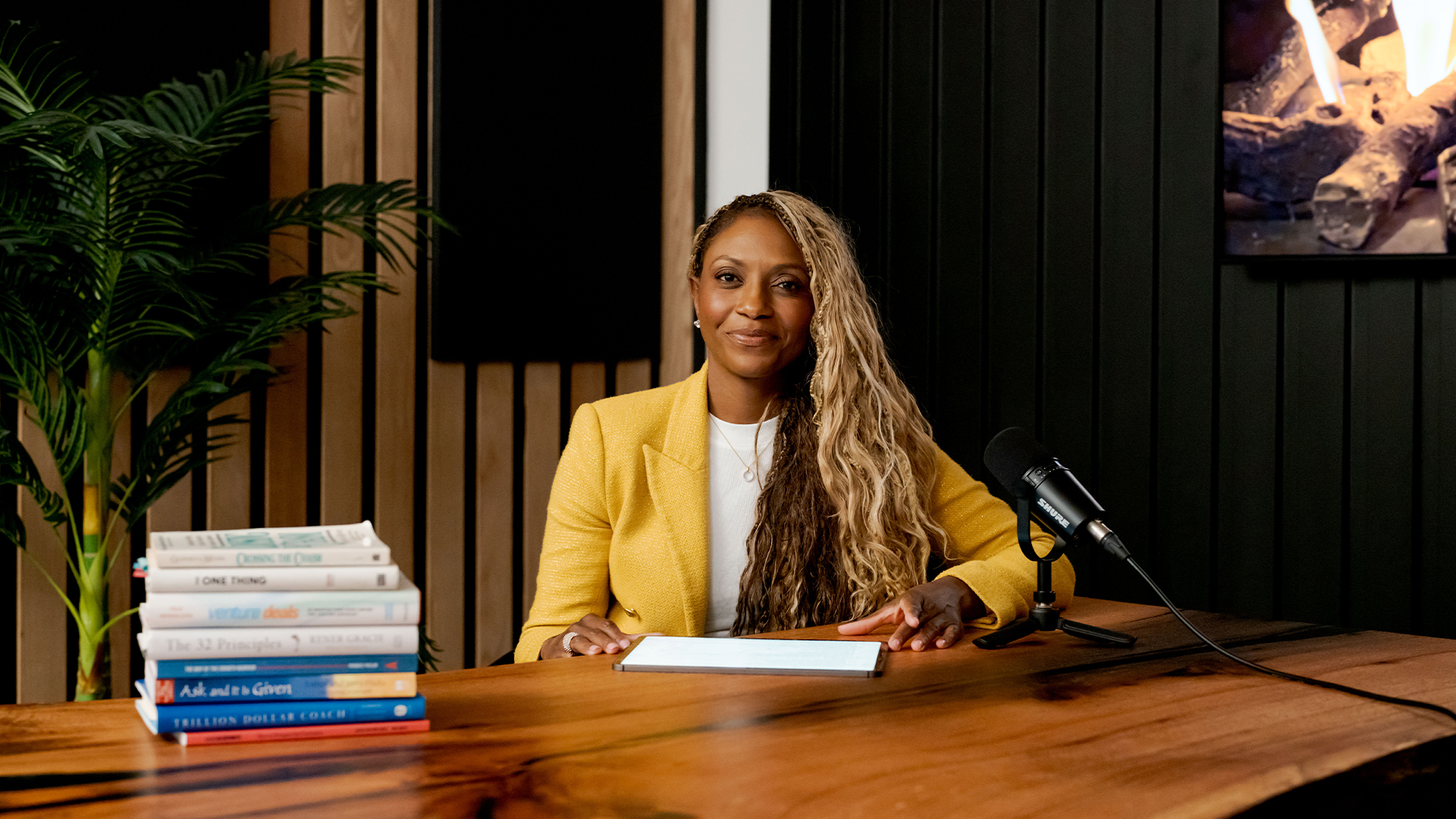When looking at the lack of Black characters in science fiction, the saying, art imitates life, brings forth a new meaning.
Whether turning on the TV or tapping into the real world, a shared truth that connects the two is that there is a lack of Black representation both onscreen and off-screen in STEM. However, Showtime’s “The Man Who Fell to Earth,” demonstrates the importance of showcasing how the Black community excels in science on all fronts.
The new sci-fi show follows Faraday (Chiwetel Ejiofor), an alien on a mission to save the planet, who is in need of the help of Justin (Naomie Harris), a single mother that had to hold off on her career as a scientist to take care of her family.
Based on Walter Tevis’ eponymous novel and following after the beloved 1976 film that starred David Bowie, “The Man Who Fell to Earth” was created by Jenny Lumet and Alex Kurtzman.
A New Take On Past Offerings
“There were just so many elements that I thought were really rich in this story and the way that Alex Kurtzman and Jenny Lumet had kind of brought this story to life in a sort of modern day,” Ejiofor shared with AfroTech about playing the lead in the 2022 adaptation. “And I think that I was really engaged maybe on some level with what it’s always been engaged with. Our interaction and our connection as human beings and what an alien looking at our planet, looking at our species might make of us and might make of the way that we interact in the way and the struggles that we have basically.”
Creating Space For Black Women Onscreen
Ejiofor credits the refreshing reimagining to the co-creators, but their storytelling also importantly places Justin’s character to be front and center of the show.
Representation For Black Women In STEM
The mission of getting more Black women into positions in STEM is an ongoing uphill battle, but what helps lead them to even take a step on the long journey ahead is to have examples around them to know that it’s possible.
The reassurance from seeing women that look like them having once been in the same position works to alleviate the doubt of whether they can do it too.
The low percentage of Black women in the field can be startling. However, just as numbers don’t lie, neither does representation. So, to help bring that to a mainstream network like Showtime for the world to see is what Harris is truly excited for.
“As Black women, as Black people, we are capable of literally anything,” Harris said to AfroTech. “We’re so underrepresented in so many fields and even when we’re not underrepresented in those fields, we don’t see them often represented in the media on TV and film. And so to have an opportunity to play a Black female scientist says a lot. It’s very powerful and I hope that it inspires a lot of young girls — Black girls who are watching the show to realize that all professions are open to them including science.”

















